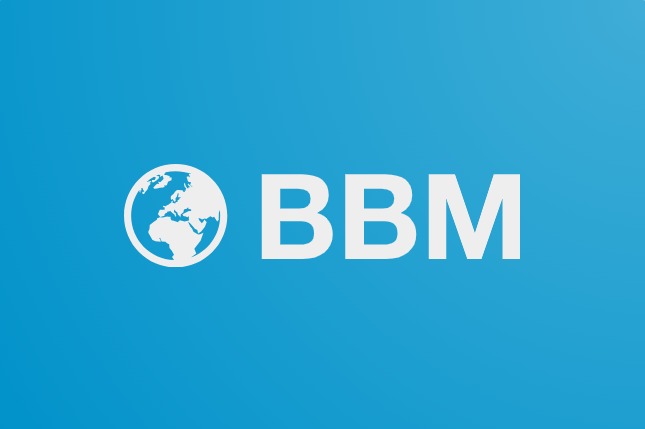Some of the links in this article are "affiliate links", a link with a special tracking code. This means if you click on an affiliate link and purchase the item, we will receive an affiliate commission.
The price of the item is the same whether it is an affiliate link or not. Regardless, we only recommend products or services we believe will add value to our readers.
By using the affiliate links, you are helping support our Website, and we genuinely appreciate your support.
[matched_title]
Wolf Pack Fieldhouse groundbreaking ceremony at University of Nevada
The groundbreaking ceremony for the new Wolf Pack Fieldhouse at the University of Nevada in Reno on Aug. 19, 2025.
Ericka Estacio is heading into her senior year at the University of Nevada, Reno. By most accounts, she has done things right in her college career.
She hit the ground running with multiple internships (some unpaid), built her LinkedIn profile and created a professional network. But despite the foundation, Estacio said she still feels uncertain about the future that awaits her once Spring 2026 arrives and she is freshly graduated.
“I’m scared,” Estacio said. “I hear horror stories. I know a 4.0 computer science major who is working as a barista, so it makes you wonder who (companies) are hiring.”
Estacio is not alone.
Many recent graduates say they apply to multiple employers and hear little back, while others land jobs that don’t match their values, goals or qualifications.
Luckily, many — though not all — of the job market woes in Nevada are likely temporary setbacks, one UNR professor told the RGJ. But some, such as AI, could change the job market from now going forward.
Here’s a closer look at what’s happening with the job market and how experts expect it to pan out.
What is happening with the job market right now?
The U.S. Department of Labor said Aug. 1 that the unemployment rate rose 0.1% as 73,000 jobs were added in July, 32,000 fewer than economists expected.
Payroll growth slowed amid President Donald Trump‘s sweeping import tariffs, intensifying immigration crackdown and massive federal layoffs.
Even more concerning: Job gains for May and June were revised down by a significant 258,000, portraying a much weaker labor market than believed in late spring and early summer and raising the odds the Federal Reserve will cut interest rates in September.
The unemployment rate rose from 4.1% to 4.2%, a disappointing statistic after economists estimated that 105,000 jobs would be added in July.
How is AI affecting the job market?
Though many of the market woes are temporary, UNR economics professor Sankar Mukhopadhyay told the RGJ it’s unclear how technological advancements like artificial intelligence could change the job market in ways we couldn’t know about yet.
“The one that worries me is the effect of AI on the job market,” Mukhopadhyay said. She added there’s a possibility AI could significantly affect jobs, especially entry-level roles graduates rely on to begin their careers.
AI could have a similar effect to the computer tech boom of the 80s and 90s that eliminated multiple jobs while creating others. Mukhopadhyay pointed to IT careers, which hardly existed before computers became standard in the workplace.
But overall, it’s too soon to tell how AI will affect the job market and economy, Mukhopadhyay said. The research is too new.
“Even three years ago this was not even really on the radar,” Mukhopadhyay said. “Unfortunately, we don’t have a clean answer right now.”
Estacio said that she feels older generations, which are typically in charge of company decisions and hiring, are buying into AI more than Gen Z.
“Especially Gen Z is very intuitive about AI,” Estacio said. “Older generations may not be as intuitive to AI.”
That hasn’t stopped AI from influencing her career already. In some internships, Estacio said her creativity as an English major with a film studies minor was sometimes undervalued compared to AI — a particularly unsettling experience for someone in the humanities. As a result, she has pivoted from studying solely English to pursuing more marketing and advertising opportunities.
Other factors at play in the job market
The pandemic, which led to significant job loss, was followed by a wave of hiring in 2022 and 2023, Mukhopadhyay said. Though unusual, that surge made it easier for graduates to find jobs at the time and has since become a benchmark for comparison.
“This (time now) is like a hangover so to speak from that extra hiring process,” Mukhopadhyay said.
Nevada’s economy also remains heavily reliant on discretionary spending in entertainment and hospitality. Now that the U.S. is facing economic uncertainty on how the tariffs will affect businesses and tourism down in Las Vegas, Mukhopadhyay said companies could be pulling back from hiring more staff.
However, Mukhopadhyay — who has been teaching economics for the last two decades — said these are natural cyclical processes in the economy and will likely even themselves out over time.
Is a college degree still worth it?
Though the job market may look bleak, particularly for new graduates, Mukhopadhyay said on average all literature points toward a college degree still being worth it. However, Mukhopadhyay emphasized that this is an average, and that while most people will find a return on investment for a college education, not all will.
USA TODAY contributed to this report.
BBM JOB



